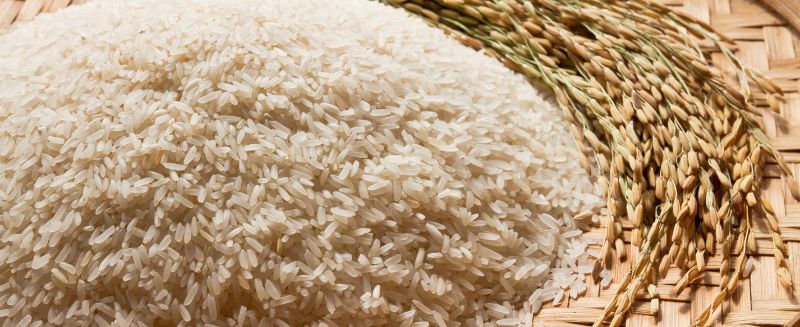
Rice exports from U.S. to Haiti have unhealthy levels of arsenic, study finds

A new study led by Dr. V Koski-Karell found unhealthy levels of arsenic in rice exported from the United States to Haiti.
The study, 'Exposure to the global rice trade: A comparative study of arsenic and cadmium in rice consumed in Haiti' was published in February in the Journal of Agriculture, Food Systems, and Community Development.
Koski-Karell (PGY-1) conducted the study while attending the University of Michigan alongside Justin Schell, Natalie Sampson, Simone Charles, Jaclyn M. Goodrich, and Rolinx Jean Monprevilb of the Community Organization for Haitian Agriculture.
According to the study, rice makes up nearly a quarter of the dietary intake in Haiti. Consumption of rice increased rapidly in the 1980s and 1990s, leading to the consumption of U.S.-grown rice. This made Haiti the second-largest export market for American rice worldwide.
Koski-Karell said the idea for this study was prompted by encountering person after person in Haiti describing abdominal discomfort after eating rice brands from the United States.
"Based on the many reports of individuals feeling unwell after eating U.S. rice compared to how they feel after eating Haitian rice, I began to wonder if there were any material differences in the rice products themselves," said Koski-Karell.

"I've been traveling to Haiti since 2008, having grown up with a dad who's been engaging in archaeological research there since the 1970s," explained Koski-Karell. "I lived with families of rice farmers and participated regularly in meetings with one of the local peyizan collectives, where I learned about the major historical and structural barriers they face in both growing and selling their rice – namely, weak investment in the agricultural sector and a market flooded with US rice selling for half as much as Haitian rice."
In comparing samples of rice available for consumption in Haiti, the study showed imported rice had an average level of arsenic twice that of locally grown product, with some imported sources exceeding international limits recommended to protect human health from arsenic exposure.
Arsenic and cadmium are both carcinogenic to humans and are linked to a range of toxic effects. Long-term exposure to inorganic arsenic is associated with skin disorders, various cancers, chronic diseases, and more. The current consumption pattern of imported rice may contribute to the burden of neoplastic, cardiovascular, and other diseases.
Koski-Karell said their findings show the critical need for interventions promoting safer rice consumption patterns in Haiti, such as stronger reliance on community food systems, decreasing rice intake during childhood and pregnancy, or diversifying dietary carbohydrate sources.
"I don't think it's up to me to determine or prescribe what the Haitian public does with these findings. But I do believe that we in the United States can do better when it comes to helping to safeguard health equity worldwide, including when it comes to the quality food we export," said Koski-Karell.








